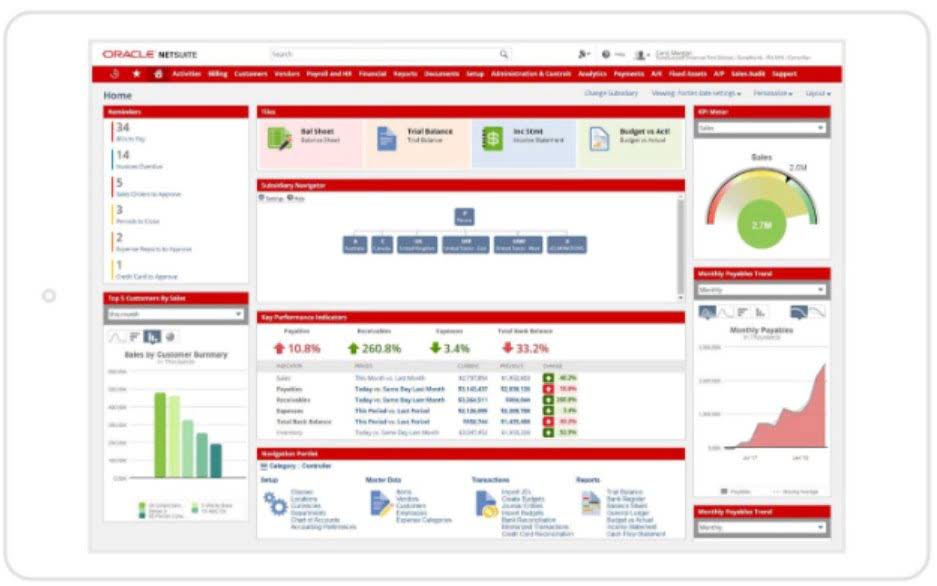The difference between accruals and deferrals

Chartered accountant Michael Brown is the founder and CEO of Double Entry Bookkeeping. He has worked as an accountant and consultant for more than 25 years and has built financial models for all types of industries. He has been the CFO or controller of both small and medium sized companies and has run small businesses of his own. He has been a manager and an auditor with Deloitte, a big 4 accountancy firm, and holds a degree from Loughborough University. Its example can include; utility bills, rent paid in advance, interest, purchase on credit, etc.
Deferred Expense (Prepaid Expense):

Accrual accounting recognizes revenue and expenses when they are earned or incurred, while deferral accounting delays recognition until the related cash transactions take place. In accrual accounting, revenues are recorded when they are earned, meaning when the goods are delivered or services are performed, regardless of when payment is accrual vs deferral accounting received. Similarly, expenses are recorded when they are incurred, such as when goods or services are received, regardless of when payment is made. This method ensures that income and expenses are matched in the period to which they relate, providing a more realistic view of a company’s profitability and financial health.
- For example, if you pay $6,000 for six months of rent upfront, you put the $6,000 into a deferred expense account and debit the account $1,000 each month for six months.
- The deferrals are incomes that a business already receives cash for but has not yet earned or expenses that the company has already paid for but hasn’t yet consumed.
- This ensures that financial statements accurately reflect the financial performance and position of a business over a specific period, adhering to the matching principle.
- By recording revenue and expenses as they occur, regardless of cash flow, you gain a more accurate picture of your business’s financial health.
- Both accrual and deferral accounting methods offer unique benefits and drawbacks that organizations should consider when choosing their approach to financial reporting.
How do accruals and deferrals impact cash flow in a business?
A utility bill for December’s electricity usage received in January would https://ahdiesel.com/2023/02/02/is-bookkeeping-a-difficult-job/ be accrued in December. These expenses are recorded as liabilities, such as “Salaries Payable” or “Utilities Payable,” indicating a future payment obligation. Accrued Expenses and Accounts Receivable will be recorded for all goods and services over $1000.
How to record deferred expenses
Alongside these accounting principles, accounts payable, representing outstanding obligations to suppliers for goods or services purchased on credit, constitute a significant aspect of financial management. Understanding accounts payable is essential for managing cash flow effectively, maintaining vendor relationships, and ensuring timely payments to uphold favorable credit terms. Accrual and deferral are two fundamental accounting concepts with key differences in how they recognize revenues and expenses on financial statements. Accrual accounting records revenues and expenses when they are earned or incurred, regardless of when cash transactions occur.

Accrual accounting offers several benefits that can provide you with greater control over your financial management. By recording revenue and expenses as they occur, regardless of cash flow, you gain a more accurate picture of your business’s financial health. With deferral accounting, the company would not expense the entire cost in the month of payment but instead allocate a portion of the expense each month over the coverage period. This approach aligns expenses with the periods in which they contribute to generating revenue, leading to more accurate financial statements.
What Are the Key Differences Between Accrual and Deferral?

In this manner, the profit shown during each period will be a more accurate reflection of the economic activity that took place in the period but perhaps a less accurate portrayal of the cash flows. In any accounting procedures, expenditure and revenue should be allocated to an accounting period. These adjusting entries are used in every business to reflect the true state of accounts due to the matching principle of bookkeeping accounting. Accrual accounting recognizes revenue when it is earned and expenses when they are incurred, regardless of whether cash has been exchanged. This method provides a more accurate representation of a company’s financial position as it reflects economic activity during a given period.
- Accrual occurs before payment, or a receipt and deferral occur after payment or a receipt.
- Accrual and deferral accounting can have different impacts on a company’s financial statements.
- By aligning financial statements with the economic realities of business transactions, these techniques provide a more comprehensive view of a company’s financial performance and position.
- Under the accrual method, all revenue and expenses are supposed to be recorded whenever the transaction occurs.
- Their purpose is to align the recognition of revenues and expenses with the period in which they belong, adhering to the matching principle.
- Once you receive the money, you should record a debit to your cash account for the same amount as the payment and then record a credit to deferred revenue.
This is done to match the recognition of these items with the period in which they What is bookkeeping are earned or incurred, aligning with the matching principle in accrual accounting. Deferral involves adjusting entries to ensure that financial statements accurately reflect the economic reality of a business. Accrual accounting involves the use of accruals and deferrals to adjust for revenue and expenses that have been earned or incurred but have not yet been recorded. These adjustments ensure that revenue and expenses are recognized in the appropriate period, providing a more accurate representation of a company’s financial performance. Deferral accounting, on the other hand, does not require such adjustments since revenue and expenses are recognized based on cash movements. By recording revenues and expenses as they occur, accrual accounting provides a clearer picture of a company’s financial position, enabling better decision-making by management and stakeholders.
Conduction vs. Convection: Key Differences in Heat Transfer
To dive deeper into related financial metrics, consider reading about How to Calculate Accounts Receivable Turnover Ratio. Accrued expenses, like business taxes, will be recorded as a debit to the accrued tax expense account and as a credit to the taxes payable account. Understanding what accruals are is only half the battle- knowing how to record accruals is an entirely different beast. An accrual is recorded in a two-step process, which is a little different for revenues than it is for expenses.
Leave a Reply